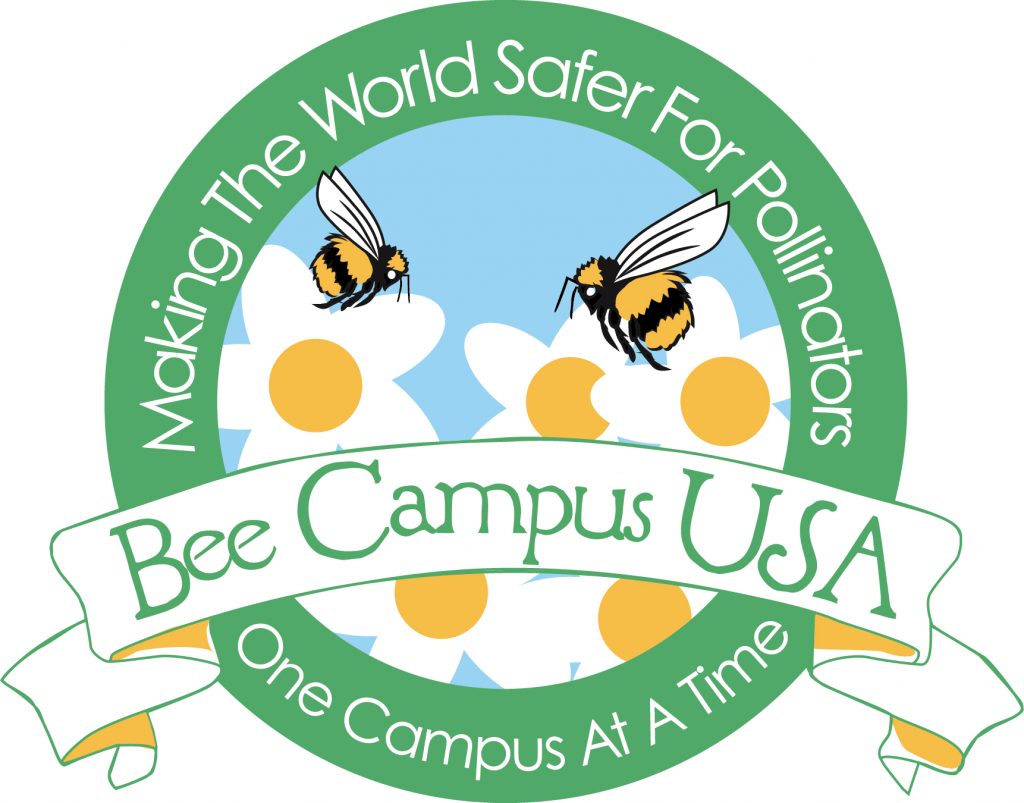Rower Kamile Kralikaite ’24 Embracing ‘Dream Come True’ at Summer Olympics
Being a skilled rower earned Kamile Kralikaite ’24 an athletic scholarship to Syracuse University, where she helped the Orange women’s rowing team claim the first Atlantic Coast Conference (ACC) championship in school history. Her proficiencies on the water also earned…


 Syracuse University has become the 70th educational institution in the nation to be certified as an affiliate of the
Syracuse University has become the 70th educational institution in the nation to be certified as an affiliate of the